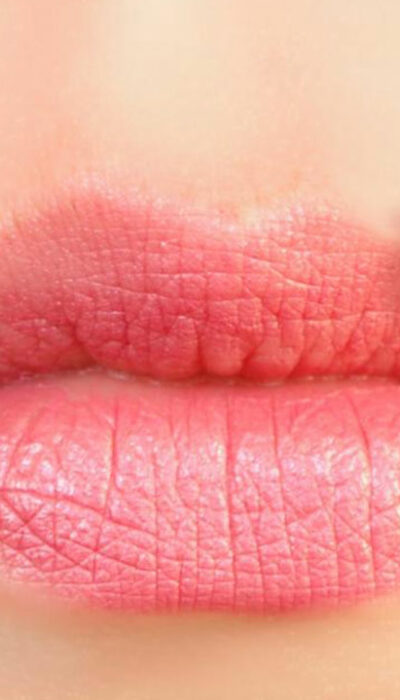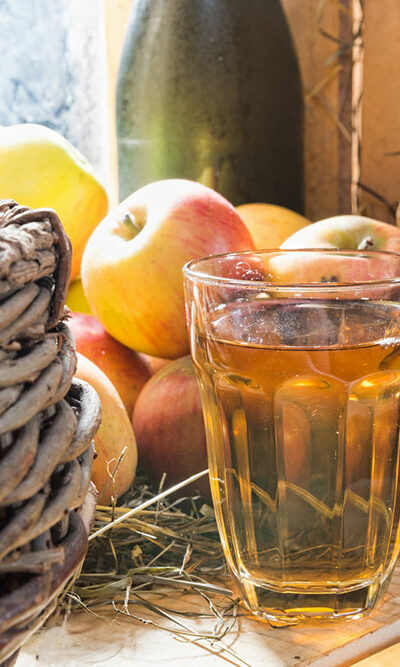
Get Quick Relief from Cold Sores
Cold sores can be painful, irritating, and prove to be a damper on your looks. This is because cold sores mostly appear on the face, around the mouth and lips. These sores are caused by a virus infection-the Herpes Simplex Virus (HSV). The causes and cures of cold sores Cold sores, also sometimes called fever blisters, are mainly caused by HSV Type 1, but sometimes, HSV Type 2 may also be the cause. Most people are said to suffer from cold sores at least once in their lifetime. They appear as blisters which break after some days and ooze. They then turn into scabs. When these crusts or scabs fall off, the sore is healed, and new skin appears in its place. Cold sores usually last from 7 to 10 days. Cold sores are contagious and spread by direct contact or through the use of items like towels, plates, etc., that the infected person has used. They can spread to other people and also to other parts of your body until the sores are completely dry and scabs start to appear. The first attack of cold sores is the most painful, sometimes accompanied by fever. After the initial attack, many people develop antibodies against it and do not suffer from more cold sores. However, a large number of people suffer from repeated cold sores as they do not develop resistance to it. Cold sores effects Cold sores are not a very serious condition, and they heal by themselves within ten days. However, in some cases, they might have very adverse effects. In some children, cold sores can cause a critical illness. Those who have low immunity, like AIDS patients or those who suffer from impaired immunity as a result of other illnesses or due to side effects of medications can be badly affected.
